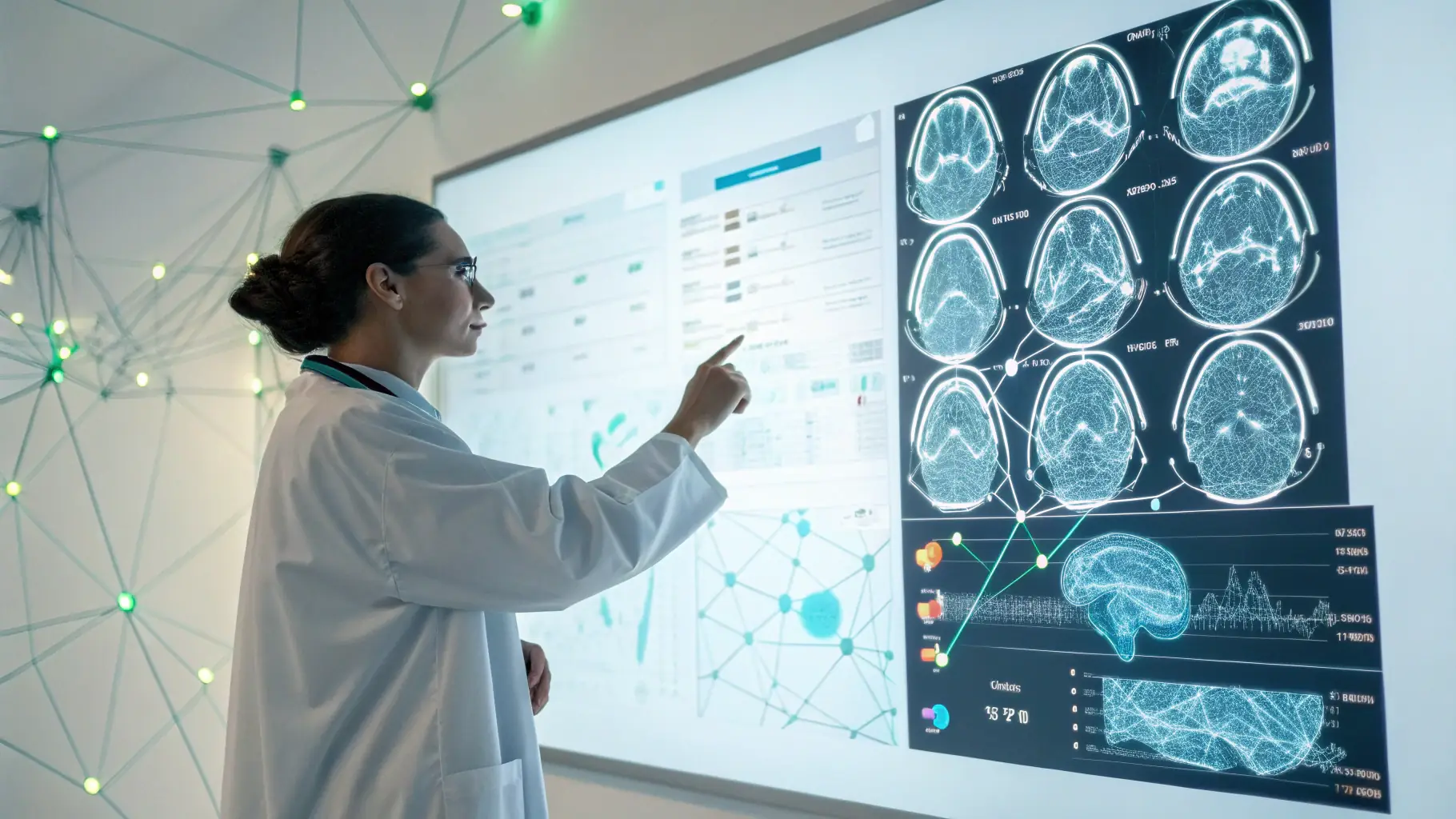Generative AI models are rapidly evolving, offering unprecedented capabilities for content creation. These models can generate human-quality text, images, and code, significantly impacting various industries. From marketing materials to scientific research, the applications are vast and constantly expanding. The potential for automation and efficiency is truly remarkable. The ability to generate diverse and creative content opens doors to new possibilities. Imagine automatically generating marketing copy tailored to specific demographics, or creating realistic images for product demonstrations. These advancements are not just about efficiency; they’re about unlocking human creativity and pushing the boundaries of what’s possible. The future of content creation is undoubtedly intertwined with generative AI. However, ethical considerations are paramount. Ensuring the responsible use of generative AI models is crucial. Bias in training data can lead to undesirable outputs, and the potential for misuse must be addressed. Open discussions and collaborative efforts are essential to navigate these challenges and ensure that generative AI benefits society as a whole. The development of robust guidelines and regulations is critical to prevent unintended consequences.
AI in Healthcare: Transforming Patient Care
Artificial intelligence is rapidly transforming healthcare, offering new tools and approaches to patient care.




